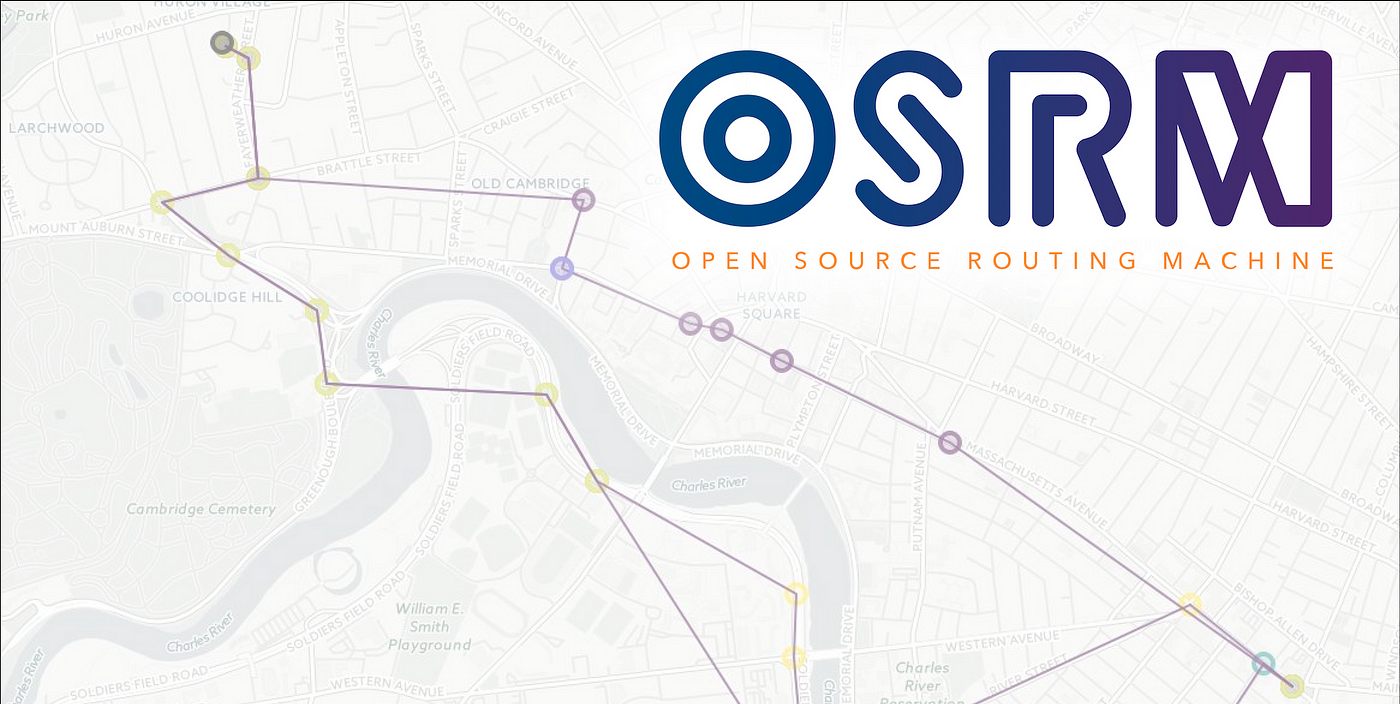In order to implement OSRM in a Kubernetes cluster, it is necessary to have the routing data within the cluster. There are various methods to achieve this, but the most dependable approach involves utilizing the persistent volume model in a dynamic Kubernetes cluster. For a standalone k8s cluster, the simplest and most straightforward method is to use the hostPath.
Once the data generation process is complete, for deployment on a standalone cluster, all of the generated files should be copied to the directory /data/ on the server. It is important to ensure that this data is accessible on all of the Kubernetes nodes.
Create /data/ folder and cd in it.
Download OpenStreetMap extracts for example from Geofabrik
wget http://download.geofabrik.de/europe/germany/berlin-latest.osm.pbfPre-process the extract with the car profile and start a routing engine HTTP server on port 5000
docker run -t -v "${PWD}:/data" ghcr.io/project-osrm/osrm-backend osrm-extract -p /opt/car.lua /data/berlin-latest.osm.pbf || "osrm-extract failed"
The flag -v "${PWD}:/data" creates the directory /data inside the docker container and makes the current working directory "${PWD}" available there. The file /data/berlin-latest.osm.pbf inside the container is referring to "${PWD}/berlin-latest.osm.pbf" on the host.
docker run -t -v "${PWD}:/data" ghcr.io/project-osrm/osrm-backend osrm-partition /data/berlin-latest.osrm || "osrm-partition failed"
docker run -t -v "${PWD}:/data" ghcr.io/project-osrm/osrm-backend osrm-customize /data/berlin-latest.To deploy the osrm-backend application in k8s, use the YAML file provided below.
osrm-deployment.yaml
apiVersion: v1 kind: Service metadata: name: osrm labels: app: osrm spec: ports: - port: 5000 targetPort: 5000 nodePort: 32513 name: http selector: app: osrm type: NodePort --- apiVersion: apps/v1 kind: Deployment metadata: name: osrm labels: app: osrm spec: replicas: 1 selector: matchLabels: app: osrm template: metadata: labels: app: osrm spec: containers: - name: osrm image: ghcr.io/project-osrm/osrm-backend:latest imagePullPolicy: IfNotPresent resources: requests: memory: "512Mi" cpu: "0.5" limits: memory: "512Mi" cpu: "0.5" command: ["/bin/sh", "-c"] args: ["osrm-routed --algorithm mld /data/berlin-latest.osm.pbf"] ports: - containerPort: 5000 volumeMounts: - name: osrm readOnly: true mountPath: "/data/" volumes: - name: osrm hostPath: path: /data
Command to run the osrm-backend image in Kubernetes
kubectl apply -f osrm-deployment.yaml![]()
